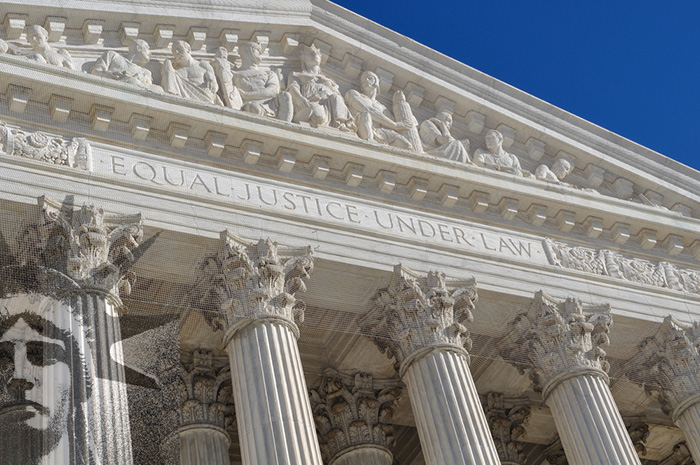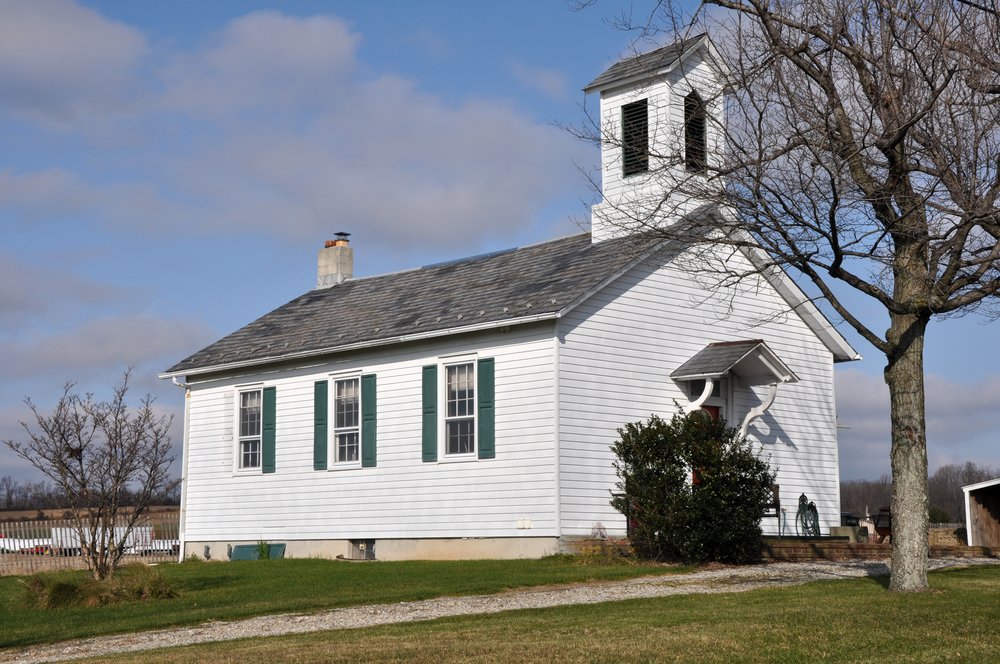Navigating the world of legal rulings, especially on issues like religious freedom, free speech, and discrimination, can feel overwhelming. Recent Supreme Court decisions have raised questions about the balance of power, the role of government agencies, and how religious beliefs interact with modern laws.
That’s why we’re breaking it down for you, making these complex legal topics easier to grasp. Whether you’re a legal enthusiast or just curious about how these rulings affect everyday life, let’s dive into some of the most important updates:
1. The End of Chevron Deference?
The Supreme Court is reconsidering a landmark legal doctrine that has shaped how government agencies interpret unclear laws. Known as “Chevron deference,” this rule gave agencies like the EPA or FDA the power to decide what ambiguous laws mean. Now, the Court is questioning if that power should return to Congress and the courts. A case called Loper Bright Enterprises v. Raimondo might change the game completely.
2. Title IX Religious Exemptions: What It Means for LGBTQ+ Students
Religious schools just scored a win. A recent ruling confirmed that these institutions can maintain their beliefs, even if it impacts LGBTQ+ students under Title IX. This ruling highlights the tension between religious freedom and anti-discrimination protections–and the debate is far from over.
3. Social Media Censorship: The Supreme Court Stays Silent
The Court recently sidestepped a major case about free speech and social media censorship. Should platforms like Facebook and Twitter have control over what we say, or do these actions violate free speech? The Court has pressed pause, but the battle is still raging, and the future of online speech remains uncertain.
4. Religious Accommodations in the Workplace: The Groff Case
For those seeking religious accommodations at work, the Supreme Court’s recent ruling in Groff v. DeJoy offers new hope. The Court raised the bar for what counts as “undue hardship” for employers, making it harder for companies to deny religious accommodation requests. This decision could lead to significant changes in workplace policies nationwide.
What Does This All Mean?
These rulings have the potential to reshape key aspects of American life–from who decides the meaning of our laws to how we balance religious freedom with equality and free speech. We’ll continue to monitor these legal developments as the courts weigh in on some of the most crucial issues of our time.
Stay tuned for more simplified legal updates, where we break down the news so you can stay informed without getting bogged down in legal jargon.
Holding: The Supreme Court overturned the Chevron Doctrine, finding that Chevron U.S.A. Inc v. NRDC violated the Administrative Procedure Act of 1946 and the framers' intent for the U.S. Constitution.
Holding: Employers cannot deny religious accommodation to workers unless it causes substantial increased costs or burdens on business operations.


